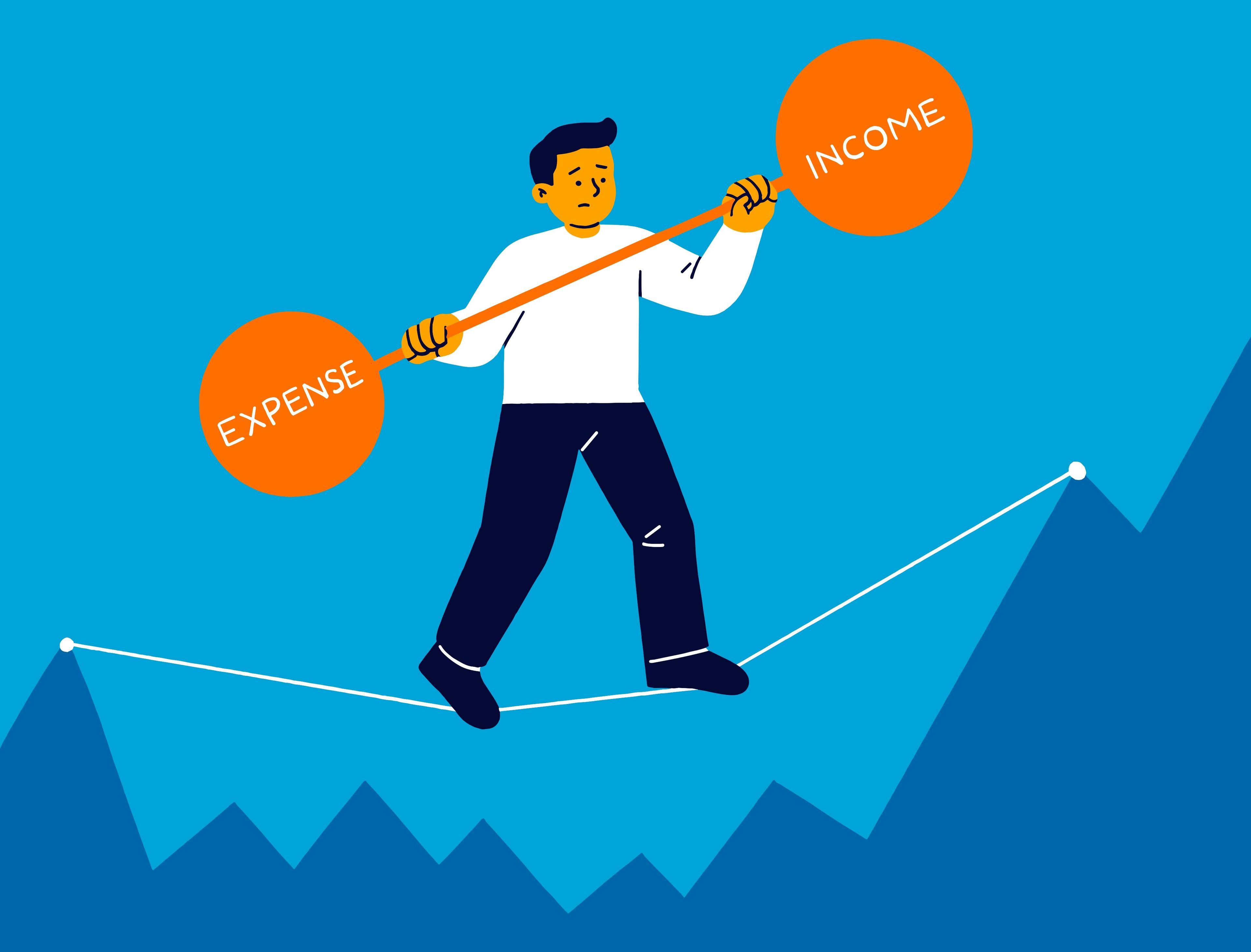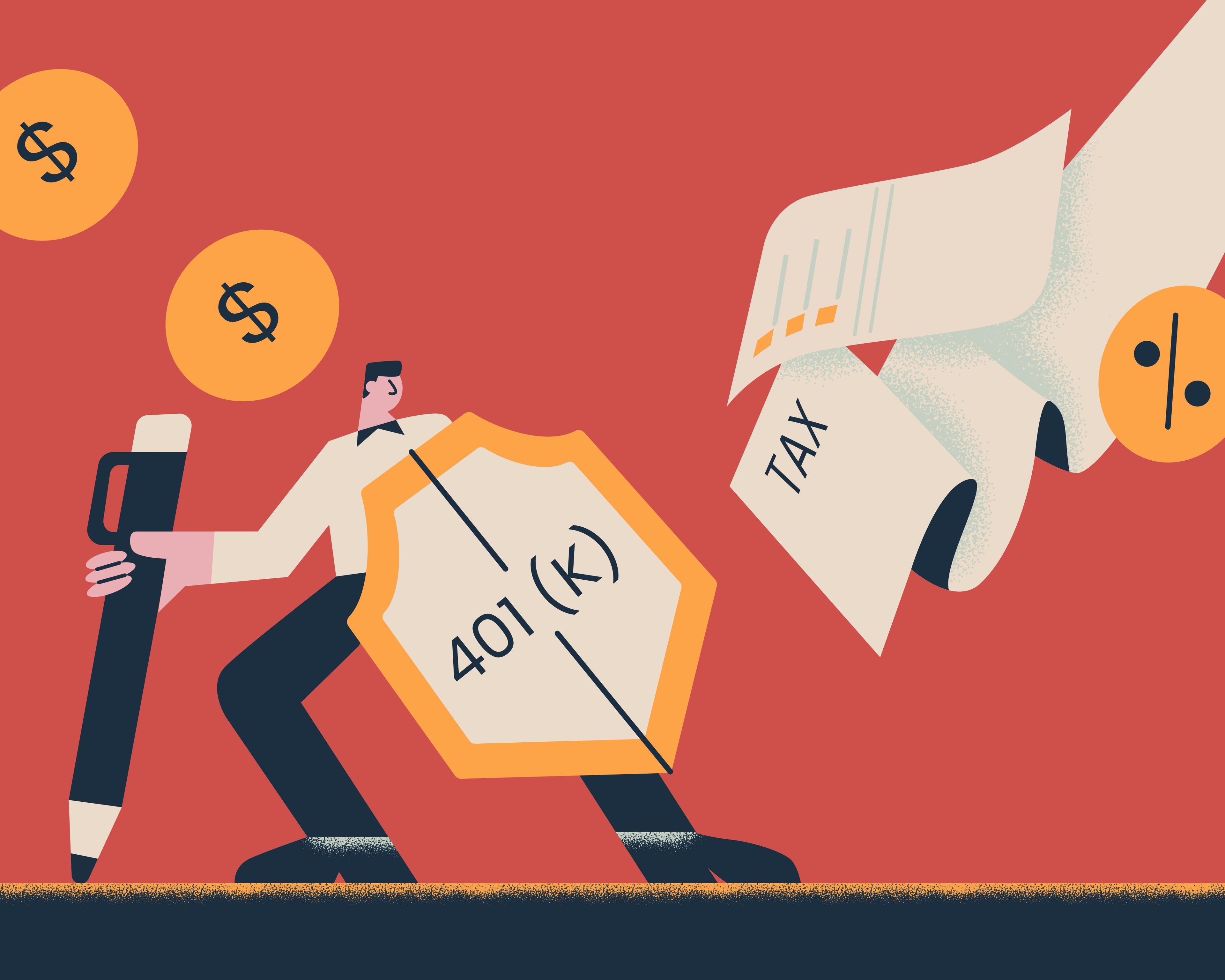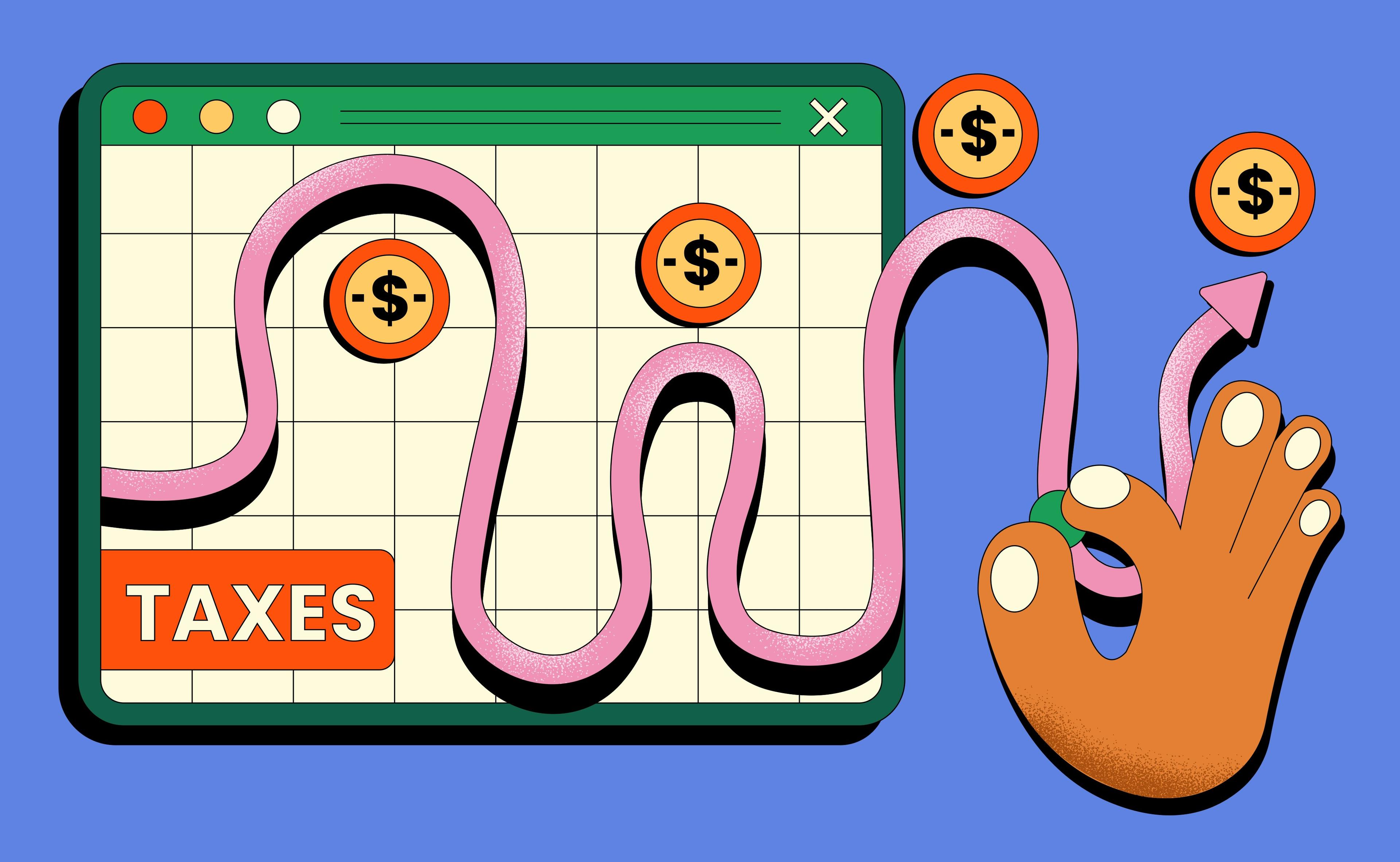When people think about debt consolidation, they often focus on one question. Can I make my monthly payments easier to manage. That is an important starting point, especially if you are juggling multiple credit cards, personal loans, or buy now pay later plans. But behind every consolidation offer sits a quieter filter that shapes almost everything you see, and that is your credit score.
Your credit score is more than a number on a report. It is a shorthand version of your borrowing history, your consistency, and how much risk a lender believes they are taking with you. When you apply for debt consolidation, lenders rarely start by asking how stressed you feel. They start by asking what your score is. That single figure influences whether you are approved at all, what kind of product you qualify for, and how much interest you pay over the next few years. This is why your credit score matters in debt consolidation far more than many borrowers realize.
It helps to pause and ask a simple question. What is the lender trying to solve when they look at your application. A consolidation loan or balance transfer is still a business decision. The bank or provider needs to decide whether merging your debts into one facility fits within their risk appetite. They will look at your income, your existing commitments, and sometimes your employment stability. However, the credit score stitches all these pieces together into a risk rating. A higher score suggests you have handled credit responsibly over time. A lower score suggests missed payments, heavy utilization, or unstable patterns. That assessment directly shapes how generous or cautious the lender chooses to be.
The most visible way your credit score affects debt consolidation is through the interest rate you are offered. Imagine two people applying for the same type of personal loan for consolidation. One has a strong score, the other has a weaker one. The difference in rate might look small on paper, perhaps a few percentage points, yet over a five year period that can translate into thousands in interest cost. A borrower with a higher score might be offered single digit rates, while someone with a poor score is pushed toward higher priced products that barely improve their overall position. The restructuring still rolls everything into one payment, but the long term savings are very different.
Your credit score also influences the type of consolidation tools that are even available to you. If your score is solid, you may be able to access promotional balance transfer cards with low or zero interest for an introductory period, or a bank loan with favorable tenure and relatively low fees. If your score is moderate, you might still qualify, but with shorter promotional periods, higher fees, and more conditions. When the score drops further, some options fall away entirely. Instead of a structured bank product, you may find yourself limited to higher cost financing that looks like consolidation but behaves more like expensive refinancing. On paper it simplifies your payments. In practice it can lock you into a long and costly repayment path.
This is why two people can say they are doing debt consolidation and yet be on completely different financial journeys. For one person, consolidation is a bridge to becoming debt free faster. For another, it is a temporary patch that reduces monthly pressure but leaves the total interest bill almost unchanged. The difference often lies less in willpower and more in the credit profile they brought into the process. That is why focusing only on whether you can get approved misses the point. The real question is what kind of consolidation your credit score allows and whether that outcome actually improves your long term plan.
A healthier credit score does more than unlock better rates. It also gives you more negotiating power. Lenders are more comfortable extending longer tenures, higher limits, or more flexible terms when they trust your track record. That means you can structure a plan that fits both your cash flow today and your goals for the next five to ten years. For example, you might choose a tenure that keeps payments affordable while still targeting a clear debt free date. When your score is weaker, the lender is more likely to set tighter conditions. You may receive smaller approved amounts, shorter tenures than you would like, or stricter criteria around missed payments. Less flexibility can make it harder to design a consolidation plan that works with the rest of your life, such as childcare costs, housing plans, or career shifts.
It is also important to understand that consolidation itself interacts with your credit report. When you apply, lenders will usually run a hard inquiry. If you submit many applications in a short period, those checks can temporarily drag your score down. Once the loan or new card is approved and your old balances are paid off, your utilization ratio may improve, especially if you keep your existing cards open with zero or low balances. Over time, consistent on time payments on the new facility can gradually support your score. The key word is consistent. Consolidation does not erase past behavior. It simply gives you a new track to run on. The way you handle that track will either rebuild your credit profile or hurt it further.
If your credit score is currently low, that does not mean debt consolidation is off the table. It does mean you need to be more deliberate about timing and approach. In some situations, it may be worth spending a few months improving the basics before applying. That might involve bringing any accounts that are in arrears back up to date, reducing card utilization where possible, or closing unused but fee bearing lines of credit that add no value. Even incremental improvements can push your score into a band where better rates and products become available. The result may be fewer options today, but significantly stronger savings over the life of the loan.
At the same time, you need a clear view of how consolidation fits into your wider financial plan. What are you trying to achieve besides a simpler monthly schedule. Are you aiming to clear all consumer debt within a certain number of years. Do you foresee major expenses such as education, relocation, or a property purchase. Your credit score sits at the intersection of these decisions. If you hope to apply for a mortgage in a few years, the way you manage your consolidation now can either enhance your standing with future lenders or raise questions. A well managed consolidation with a strong payment record can signal that you addressed your debt responsibly. A consolidation that is followed by new card balances and missed payments sends a very different message.
It can be helpful to think of your situation in terms of three layers. The first is your current stress level and cash flow. The second is your credit profile and what it unlocks. The third is your long term direction. Debt consolidation is most effective when it respects all three at once. A plan that reduces stress but severely damages your credit profile may relieve pressure now but limit your options later. A plan that looks mathematically efficient but ignores your real cash flow may be impossible to sustain. Your credit score becomes a bridge between these layers since it captures your past behavior and shapes your future flexibility.
There is also a psychological dimension. When people feel overwhelmed by multiple bills, they sometimes fall into an all or nothing mindset. They may rush into the first consolidation offer that promises a lower payment without fully understanding the conditions, or they may avoid taking any action because they feel ashamed of the number on their credit report. From a planning perspective, both reactions can be softened by reframing the role of your credit score. It is not a moral verdict. It is a feedback signal. If the signal is weaker today, that simply tells you that your next few financial decisions should focus on stability and consistency rather than aggressive moves. Debt consolidation, used thoughtfully, can be one of those stabilizing decisions.
Before you take any step, it is worth gathering your information and asking a few grounded questions. What is your current score. What factors are pulling it down, such as late payments or high utilization. How would consolidating change your monthly cash flow and your total interest cost over time. Does the product you are considering genuinely reward you for a better credit profile through lower rates and better terms, or does it simply package your existing debt into a different shape. Bringing these questions to a conversation with a financial planner or trusted advisor can help you see beyond the marketing and focus on alignment.
Ultimately, the goal of debt consolidation is not just to tidy up your statements. It is to create a pathway from where you are now to a more secure and flexible financial position. Your credit score is a crucial part of that pathway because it acts as a gatekeeper to the most supportive tools and terms. By understanding why your credit score matters in debt consolidation, you give yourself the opportunity to plan rather than react. You can choose to work on your profile before you apply, to compare offers with a clear eye on interest and conditions, and to treat the new consolidated loan as the start of a more disciplined chapter, not just a reset button.
You do not need a perfect score to move forward. What you need is clarity about how your current profile shapes your options and how each decision today moves that profile in the direction you want. The smartest debt consolidation plans respect both the numbers on the page and the life behind them. When you see your credit score as one tool among many rather than a verdict, it becomes easier to design a strategy that supports your long term stability, at a pace and structure that you can sustain.














